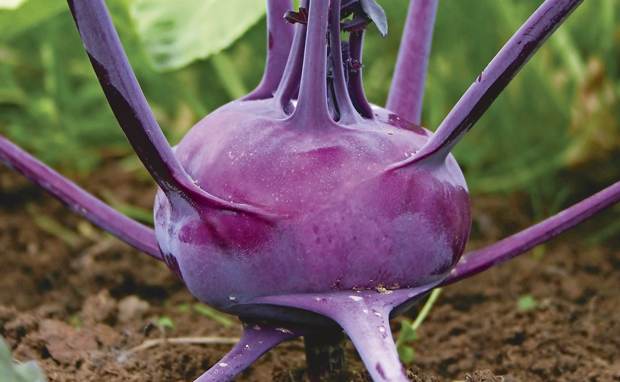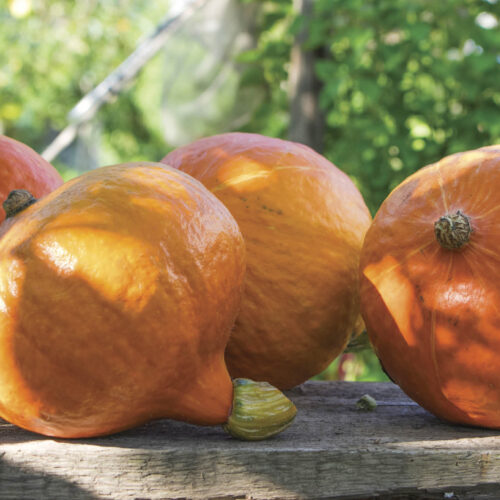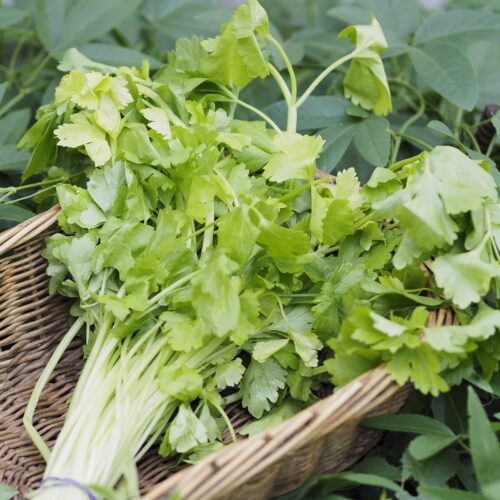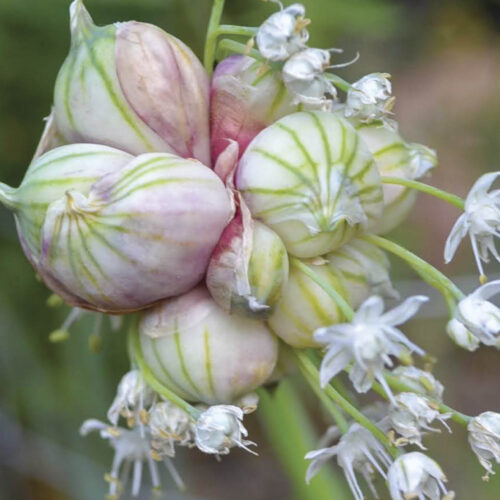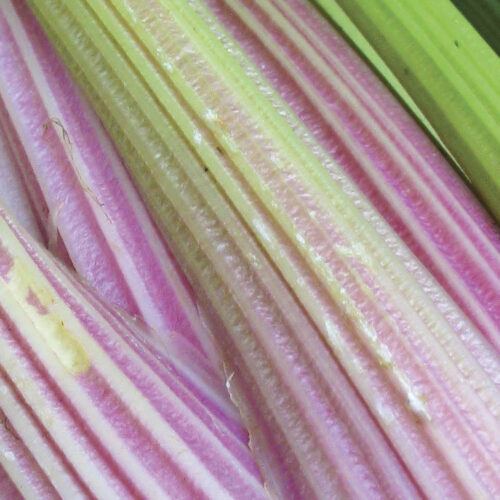Kohlrabi and friends
2015-12-22T05:24:21+11:00
It’s time for the bulbous globes of kohlrabi to shine, with its siblings swede and turnip, writes PETER CUNDALL.
“Kohlrabi is among the natural foods I eat regularly”,
says 89-year-old Peter Cundall.
The name ‘kohlrabi’ roughly translates from German as ‘turnip-rooted cabbage’, although the part we eat is the strange globular, swollen stem well above soil level.
Nutrient Boost
Kohlrabi, swede and turnips are part of the cruciferous vegetable family, which is renowned for its high content of health-promoting antioxidants and anti-cancer compounds. Cruciferous vegetables are also an excellent source of fibre and micronutrients.
Kohlrabi, in particular, contains good amounts of vitamin C – with a ½ cup serve providing 70 per cent of the daily recommended intake. It also contains high levels of glucosinolate: a phytochemical that has been shown to exhibit protective benefits against certain types of breast and prostate cancers.
Cruciferous vegetables also provide an excellent source of plant-based fibre. This is an essential component for the healthy functioning of the digestive tract. One cup of kohlrabi provides up to 5g of fibre which is 20 per cent of the daily requirement.
Arabella Forge, nutritionist
For more information, see the January/February 2016 issue of Organic Gardener

